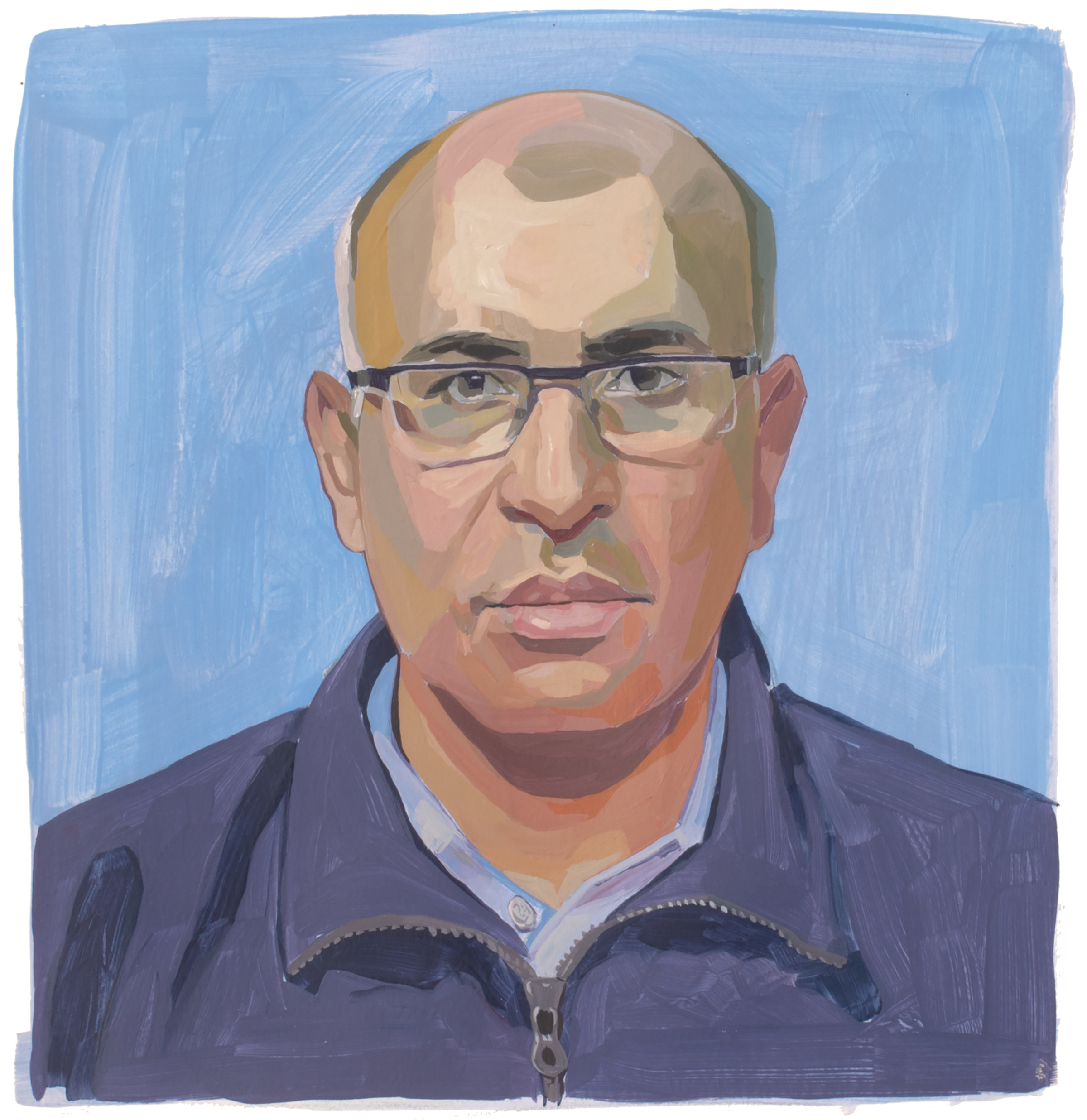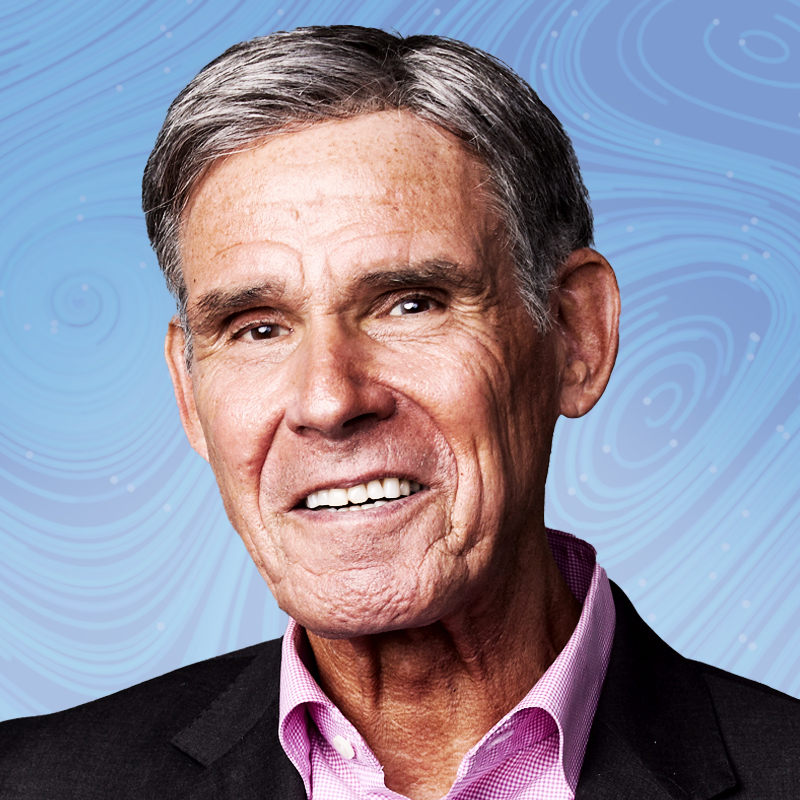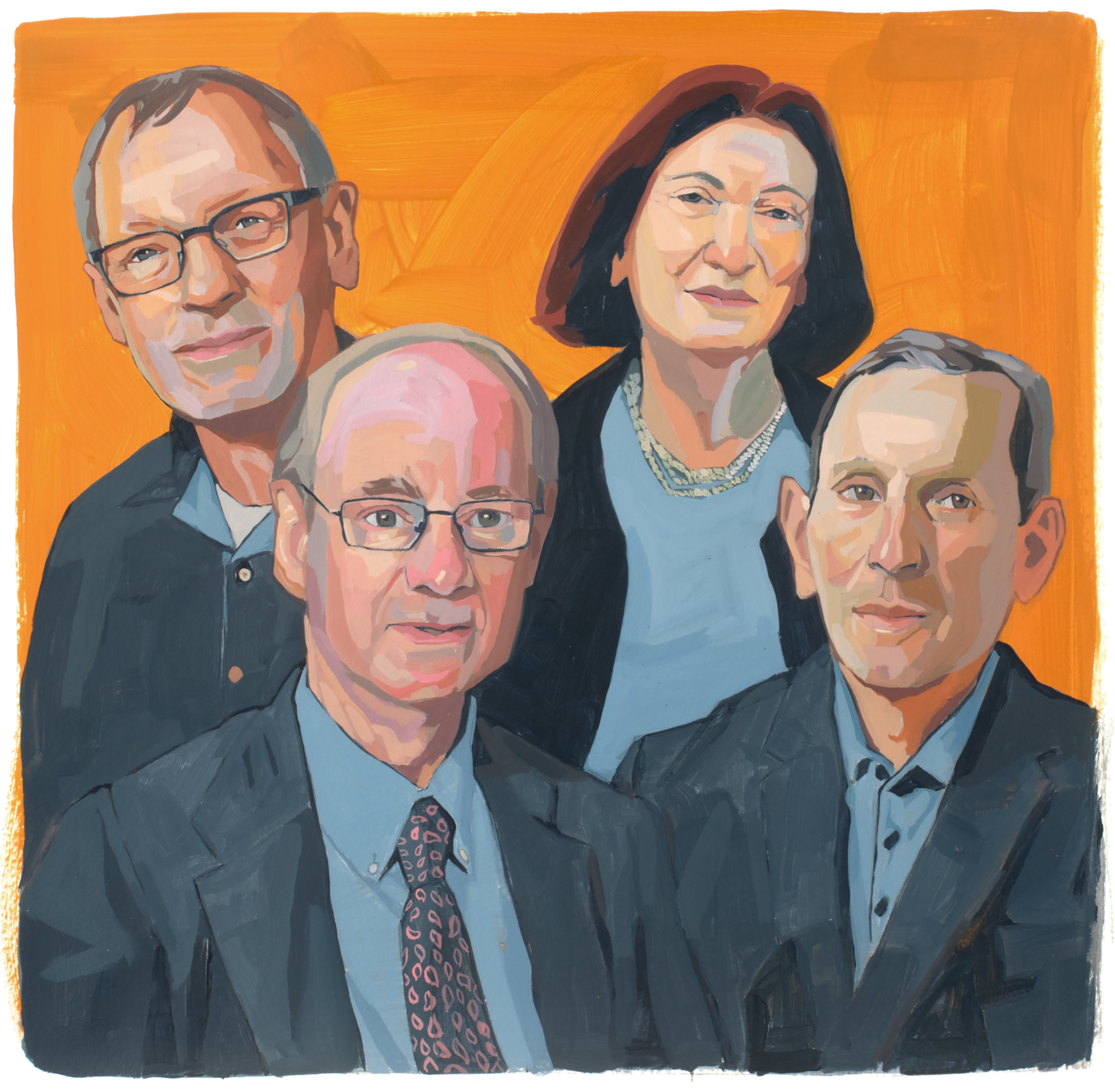In 2023, migrants arrived at the U.S. southern border in record numbers, often malnourished and ill. The Migrant Clinicians Network, based in Austin, offers those with urgent medical needs a lifeline. Kim Nolte, the group’s CEO, says it helped more than 1,700 migrants access health care last year, and more than two-thirds were pregnant. “If you don’t have prenatal care and you just go to the emergency room for labor, that is much more expensive to the system and can result in a higher risk of complications for the mother,” Nolte says.
New migrants often don’t know how to access the medical attention they need. They may distrust health care facilities and fear that seeking care could jeopardize their immigration status. Some live too far from federally funded health centers, which would fully subsidize their visits. Language and cost barriers are prevalent.
Under Nolte’s leadership, the Migrant Clinicians Network is their advocate. They triage patients at immigration shelters, schedule medical appointments, and follow up with asylum seekers even as they move throughout their immigration journey.
More Must-Reads from TIME
- Where Trump 2.0 Will Differ From 1.0
- How Elon Musk Became a Kingmaker
- The Power—And Limits—of Peer Support
- The 100 Must-Read Books of 2024
- Column: If Optimism Feels Ridiculous Now, Try Hope
- The Future of Climate Action Is Trade Policy
- FX’s Say Nothing Is the Must-Watch Political Thriller of 2024
- Merle Bombardieri Is Helping People Make the Baby Decision
Write to Sanya Mansoor at [email protected]





